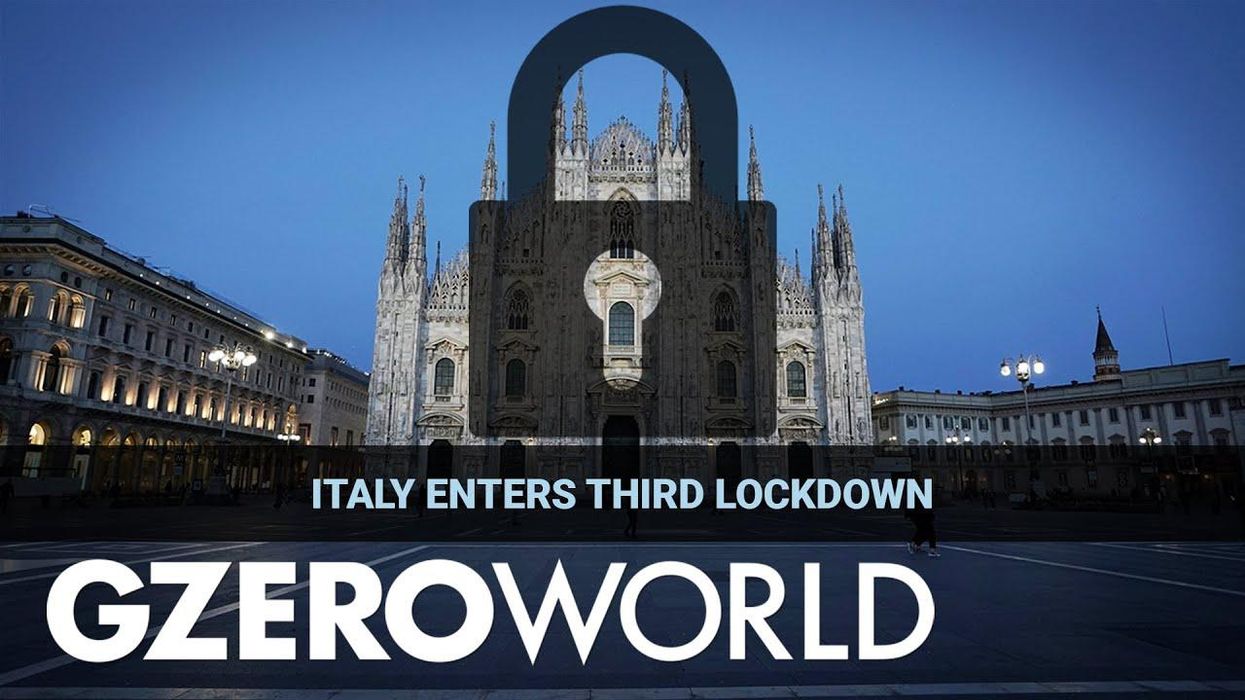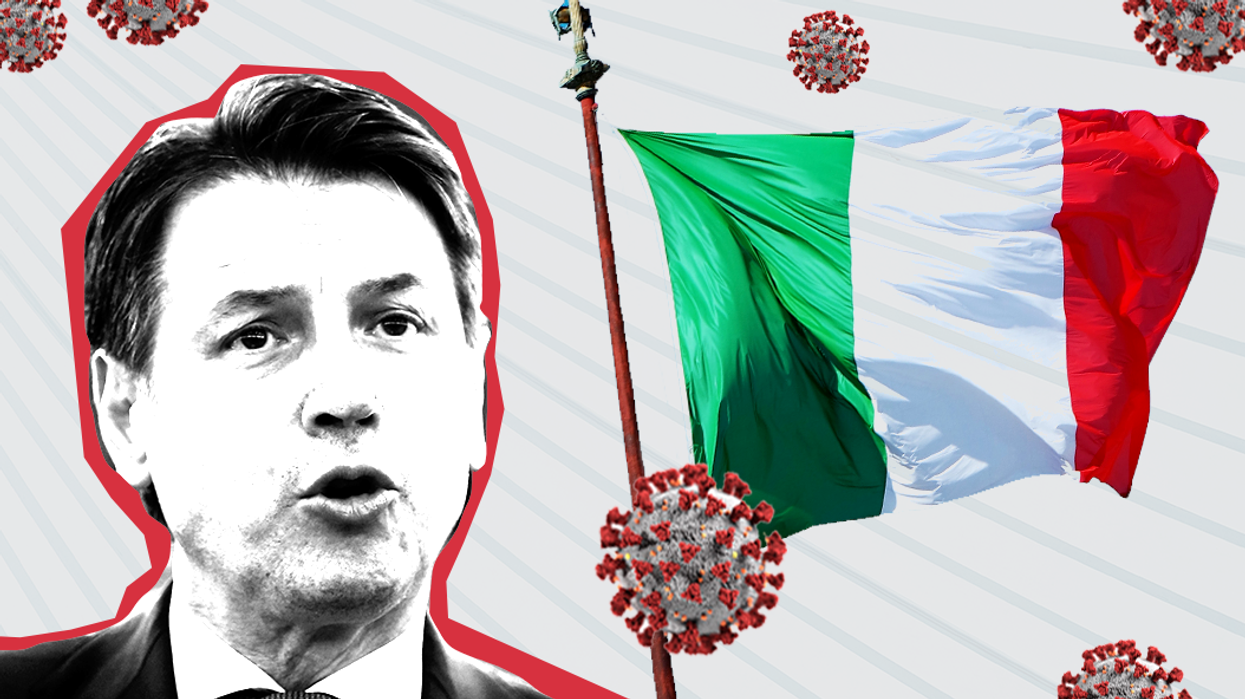GZERO World Clips
Why Italy's third COVID lockdown is different
This lockdown is different for Italy, says former PM Enrico Letta, because now a lockdown doesn't mean a total economic shutdown. And there's hope on the horizon, as long as the country can get its act together on the vaccines front.
Mar 29, 2021


